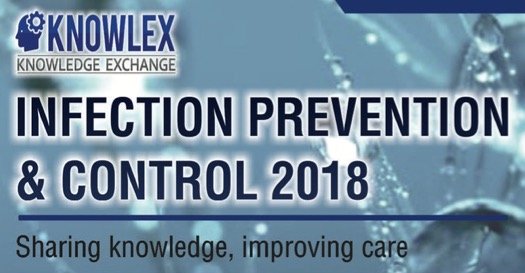Current Tests Fail to Diagnose Up To 50% of Chronic UTIs
Cystitis or urinary tract infection (UTI) is the second most common bacterial infection in the UK and around half of all women will experience at… Read More

Cystitis or urinary tract infection (UTI) is the second most common bacterial infection in the UK and around half of all women will experience at… Read More

An advocate and active player in healthcare infection prevention, we will participating at the Knowlex Infection Prevention and Control 2018 exhibition being held on Wednesday, 21st February… Read More

We have been talking prevention for some time so are pleased to see this report from Public Health England advocating right-first-time devices. Read the… Read More

From AMR to UTIs, independent participants at this year’s Forum highlighted the clinical and financial case for a “gold standard” urine specimen collection process that… Read More

The Hippocratic Post is a widely read blog engine for GPs and other physicians. Our Peezy Midstream technology has been acknowledged as a credible… Read More

How accurate basic medicine can tackle Hospital Acquired Infection and Antimicrobial Resistance. Read More

The report Preventing healthcare associated gram-negative bacterial blood infections was issued by Public Health England and NHS Improvement on 3rd May… Read More

MAMA Academy is a leading charity that provides mothers and midwives with unbiased education, research and information around pregnancy and the arrival of the next… Read More

We are proud to be part of Urology Awareness Month this September: “Clinical Innovation in Specimen Collection and Diagnostics” Royal Society of Medicine… Read More
Interesting specimens: saving healthcare budgets by exporting healthcare innovation and universal diligence. Online business magazine Womanthology interviewed Forte Medical CEO Giovanna… Read More
